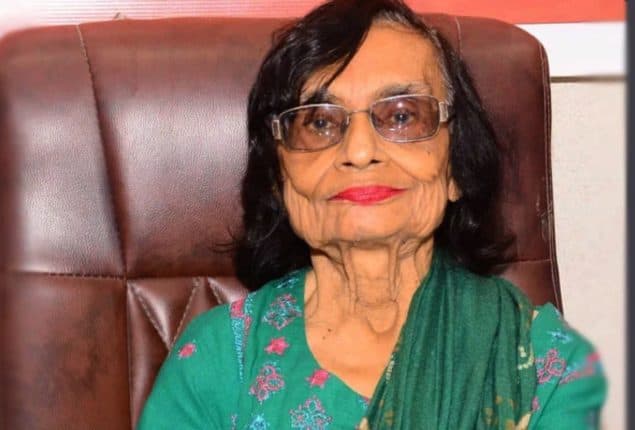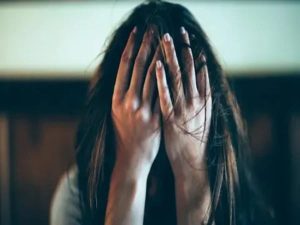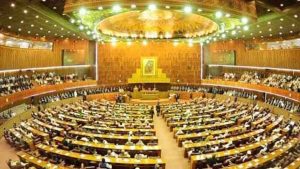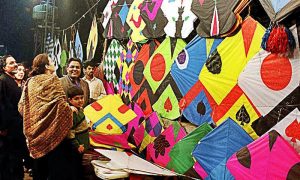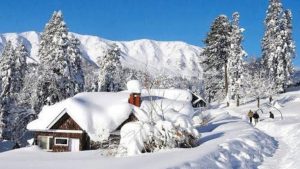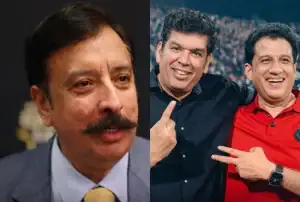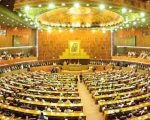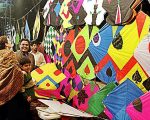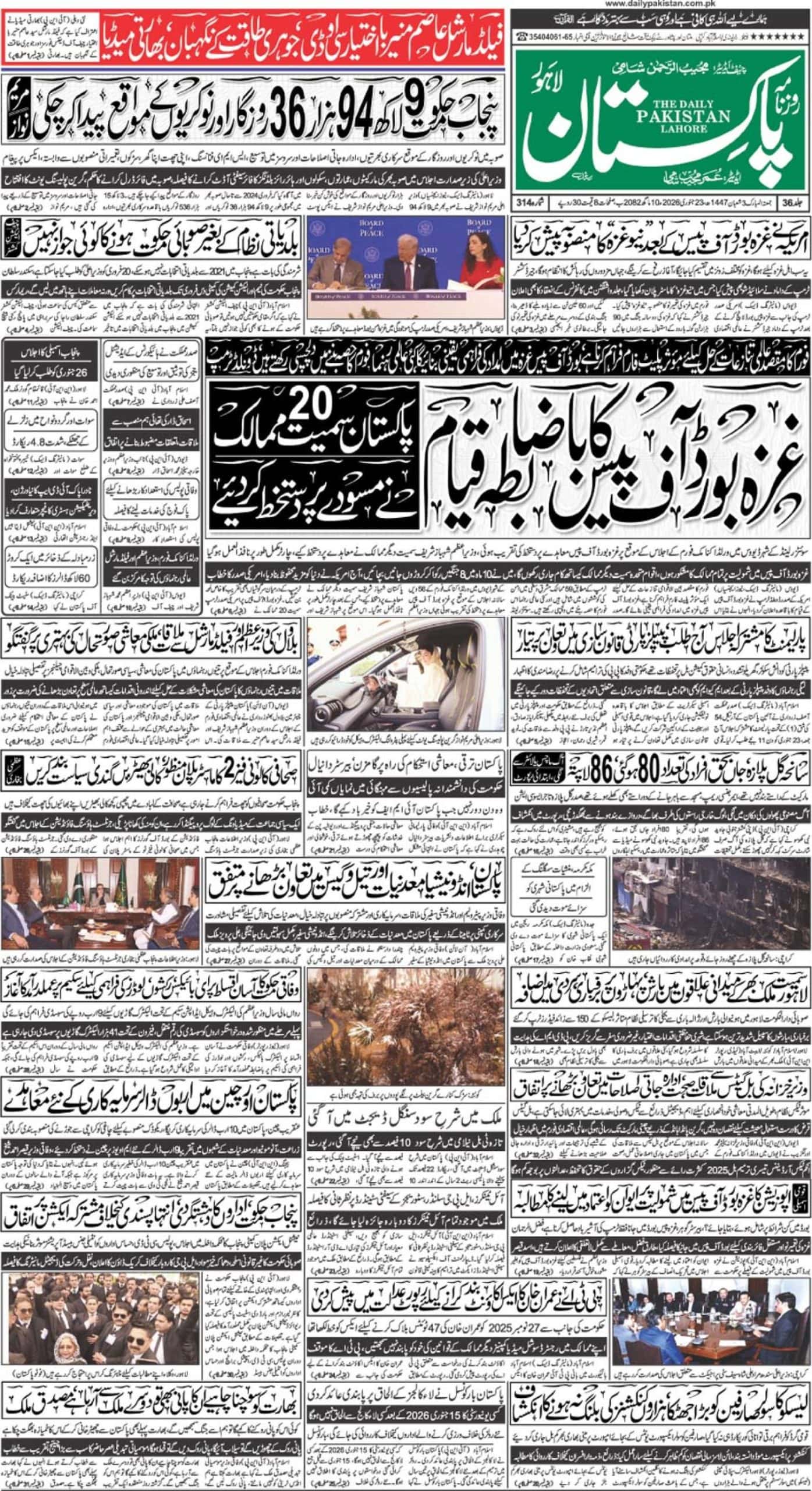Renowned Pakistani journalist and academic, Shahida Kazi, who was also the country’s first woman correspondent, passed away at the age of 79 in Karachi after a period of illness.
She had been receiving medical treatment at Karachi’s Dr Ruth Pfau Civil Hospital. The funeral prayer will be held after her last rites in Zuhr, followed by her burial at the KU graveyard.
Shahida Kazi was born in 1944 into the family of the renowned scholar Allama Kazi II in Karachi. Her family hails from a village near Dadu in Sindh. She completed her matriculation from St. Lawrence Convent School and later graduated from St. Joseph’s College in 1963.
Encouraged by her family to pursue advanced education, she was able to attend the university for higher studies. Unlike her female cousins, she did not opt for a career in medicine and turned down the opportunity to take the Superior Services examination for joining the federal bureaucracy. Her interest in English literature led her to apply to the newly established Department of Journalism at the University of Karachi, where she discovered she was not only the only female student in the department but also the first-ever female to enroll in the field of journalism.
In 1966, she was offered a job by the city editor of Dawn, a leading English daily newspaper. She was the first female to work in that role at the time and continued to believe, throughout her life, that the role of the press in reporting was more significant than that of television channels. She also worked as a news producer and senior news editor at Pakistan Television Corporation for 20 years and contributed to Radio Pakistan.
After her retirement from the University of Karachi, she transitioned to academia, teaching at several private sector universities. During the COVID-19 pandemic, she decided to stay at home and begin writing her life memoirs.
In February of this year, she launched her autobiography titled ‘Sweet, Sour & Bitter: A Life Well Lived’ at the Karachi Press Club, attended by her numerous students, faculty members of various universities that teach journalism and mass communication, human rights activists, and veteran journalists.

